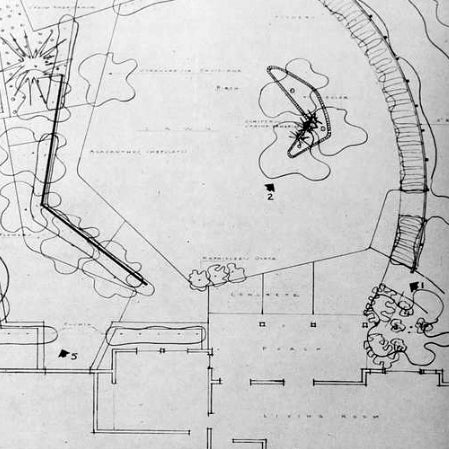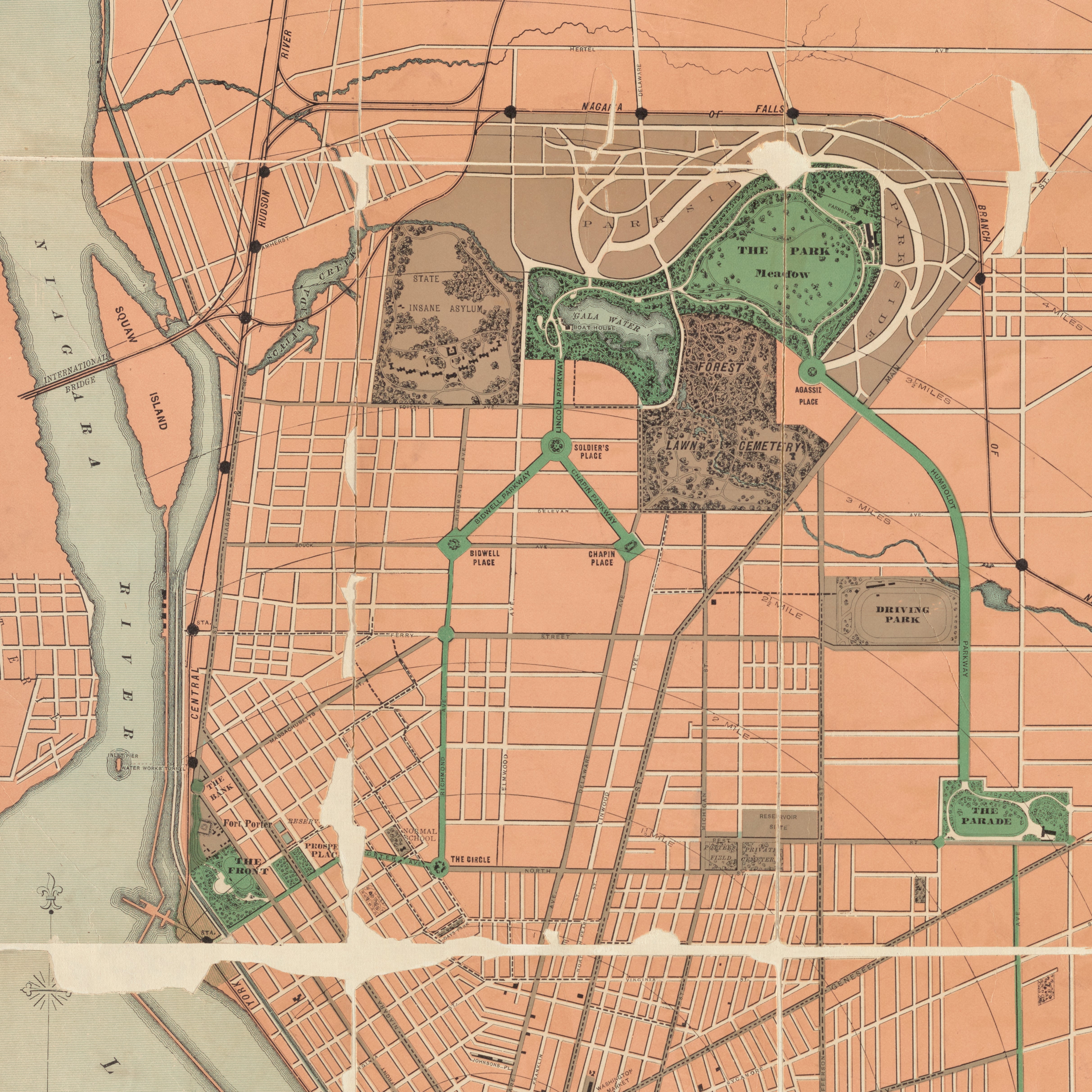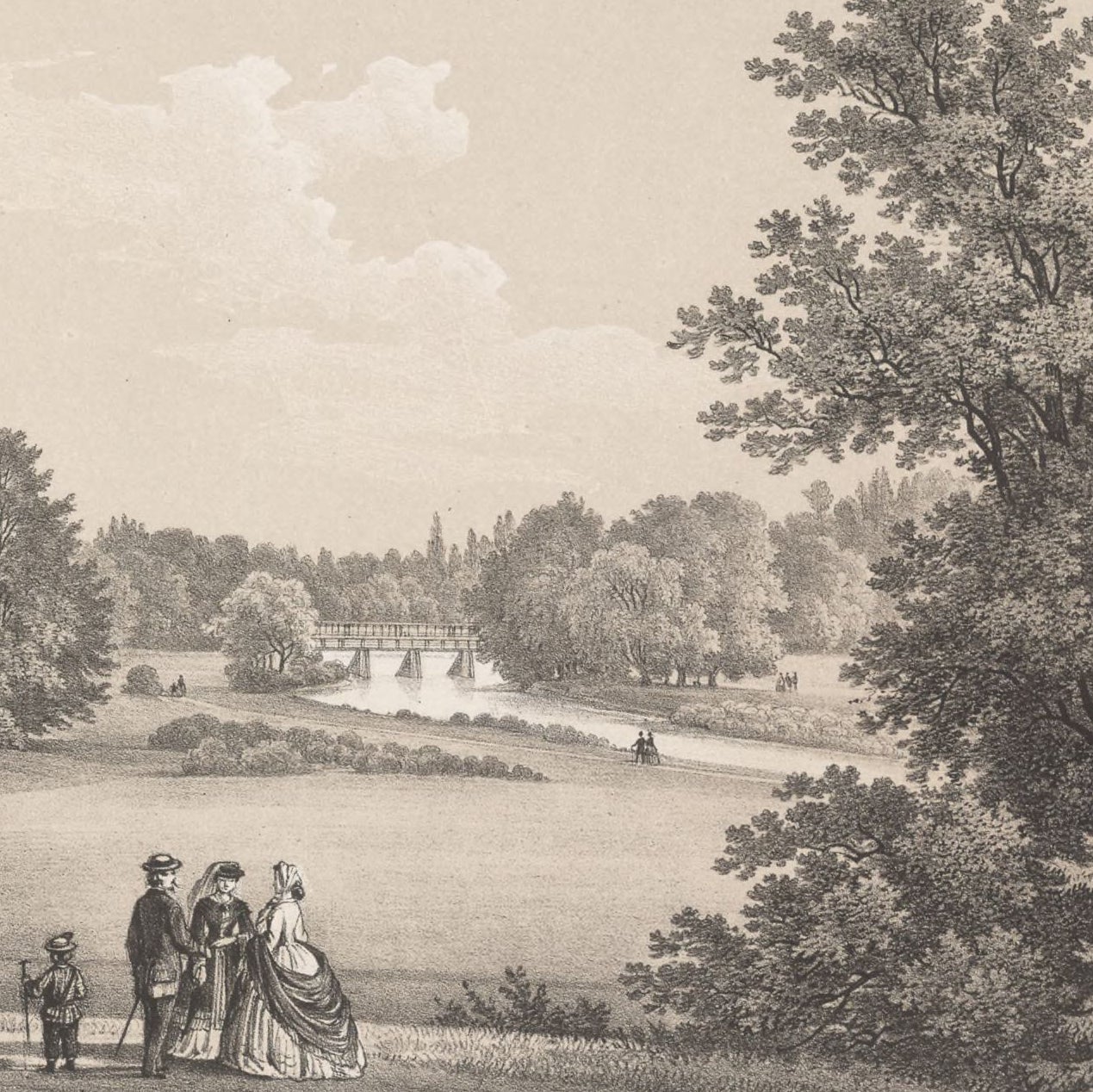The John Brinckerhoff Jackson Book Prize
The John Brinckerhoff Jackson Book Prize is awarded to the author of a book published within the past three years on a subject pertaining to landscape studies. There are no restrictions with regard to period, topic, or author's nationality. Only books based on original research and those that break new ground in method or interpretation will be considered. The purpose of this prize is to reward contributors to the intellectual vitality of garden history and landscape studies. The jury considers each submission on the basis of its success in expanding the field to new areas or increasing knowledge within an existing branch of the discipline. It seeks to support authors with an ability to write for a general readership as well as for a scholarly audience.
ELIGIBILITY + APPLICATION PROCESS
ELIGIBILITY
Books published on a landscape-related subject during a three-year period ending in the current calendar year are eligible for consideration by the Awards Committee.
APPLICATION PROCESS
Publishers must send books by mail to each of the appointed jury members before May 1. A cover letter should include a complete mailing address, phone number, and email address of the author(s). To request the mailing addresses for the jury, please email the book prize jury chair, Elizabeth K. Meyer at LSIbookprize@virginia.edu and include "J.B. Jackson Book Prize Application" as the subject line.
2024 Winner & Finalists
2024 J.B. Jackson Book Prize Winner
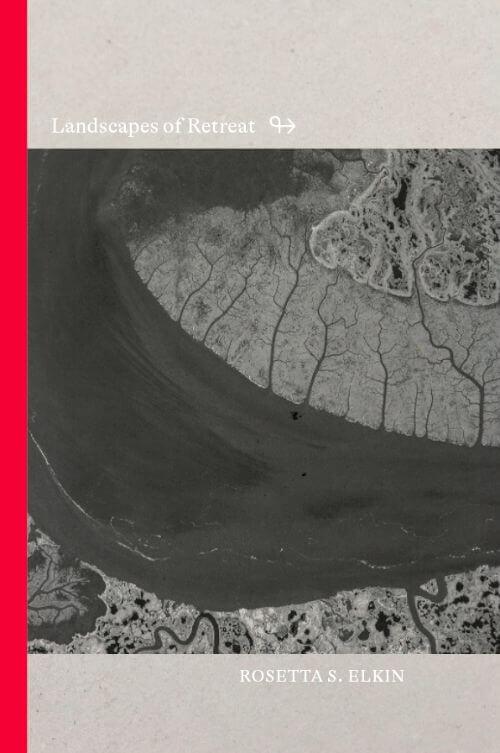
ROSETTA S. ELKIN
Landscapes of Retreat
K. Verlag, 2022
Landscapes of Retreat are portraits of climate adaptation. Retreat is found in the land that is left behind as settlement patterns shift due to a changing climate. The term landscape refers to the earth animated by the aliveness of creatures and organisms, and the term retreat suggests that human patterns are not fixed but might also be enlivened. Featuring in-depth field studies from Nijinomatsubara Forest/Japan, Maule River/Chile, Niugtaq Village/Alaska, Langtang Park/Nepal, and Gaspésie Peninsula/Québec, the stories in Landscapes of Retreat suggest that communities are more likely to adapt to change when the landscape is appreciated, so that retreat can be valued. The results cut across history, fieldwork, citizenship, and geography in order to rethink and rework “change” as a means toward shared climate futures.
Rosetta S. Elkin is Associate Professor and Academic Director of Landscape Architecture at Pratt Institute, Principal of Practice Landscape and Research Associate at the Arnold Arboretum of Harvard University.
2024 J.B. Jackson Book Prize Finalists
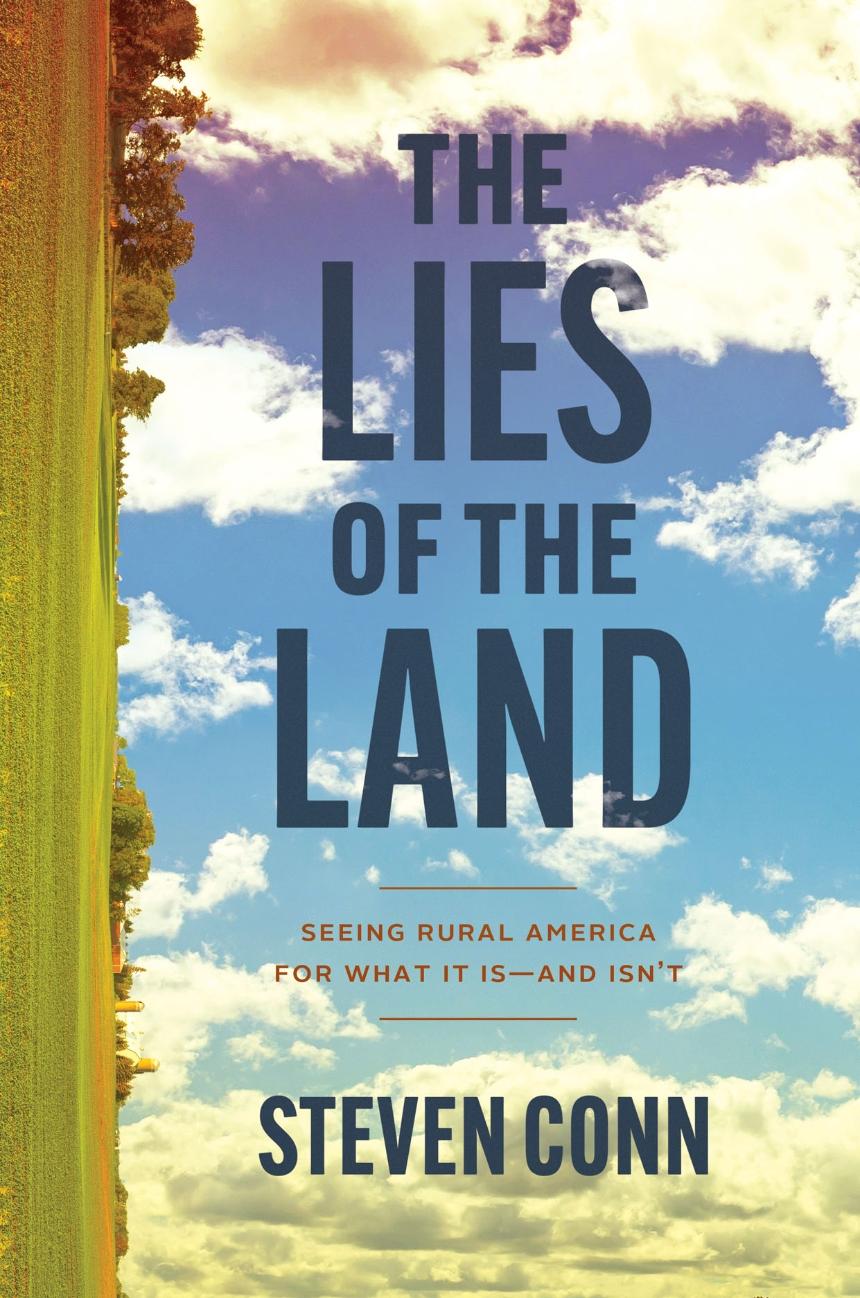
STEVEN CONN
The Lies of the Land: Seeing Rural American for What It Is – and Isn’t
The University of Chicago Press, 2023
It seems everyone has an opinion about rural America. Is it gripped in a tragic decline? Or is it on the cusp of a glorious revival? Is it the key to understanding America today? Steven Conn argues that we’re missing the real question: Is rural America even a thing? No, says Conn, who believes we see only what we want to see in the lands beyond the suburbs—fantasies about moral (or backward) communities, simpler (or repressive) living, and what it means to be authentically (or wrongheadedly) American. If we want to build a better future, Conn argues, we must accept that these visions don’t exist and never did.
In The Lies of the Land, Conn shows that rural America—so often characterized as in crisis or in danger of being left behind—has actually been at the center of modern American history, shaped by the same forces as everywhere else in the country: militarization, industrialization, corporatization, and suburbanization. Examining each of these forces in turn, Conn invites us to dispense with the lies and half-truths we’ve believed about rural America and to pursue better solutions to the very real challenges shared all across our nation.
Steven Conn is the W. E. Smith Professor of History at Miami University in Oxford, Ohio.
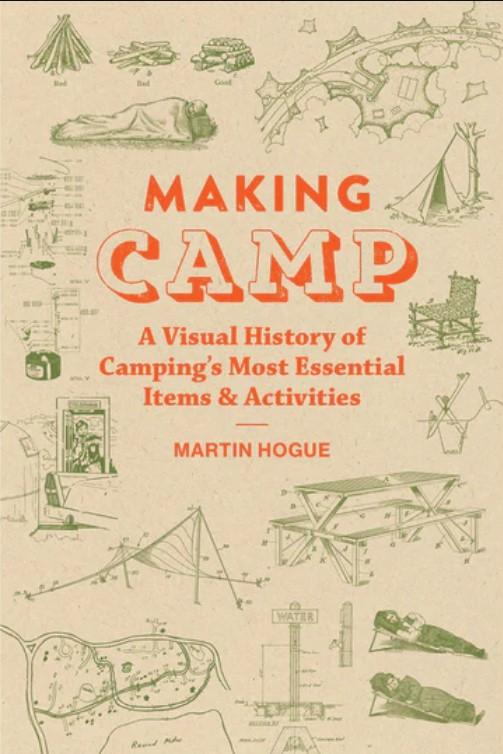
MARTIN HOGUE
Making Camp: A Visual history of Camping’s Most Essential Items and Activities
Princeton Architectural Press, 2023
There is a satisfying immediacy about the prospect of establishing an encampment for the night—clearing the site, erecting the tent, chopping wood, building a fire and cooking over the live flame—that suggests a meaningful connection to landscape, place, and the rugged life of backwoods adventurers. Each summer 40 million Americans take to the road in search of this powerful experience of nature. Serviced by extensive networks of infrastructure and populated with automobiles, trailers, $300,000 RVs, massive tents, thick mattresses, coolers, stoves and other forms of specialized gear, each of the nation’s 20,000 campgrounds and their 900,00 "lone" campsites functions as a stage upon which these cultural fantasies are performed, often in full view of a nearby audience of fellow enthusiasts.
Making Camp examines the evolution of this spatial setting by tracing the origins of its feature components: the campsite, the campfire, the picnic table, the map, the tent, the sleeping bag, as well as water delivery and trash collection systems. With so many of these elements in place as the visitor arrives, what few aspects of the craft remain that provide the camper the sense of agency that they are making their own camp? The book is supported by a rich collection of archival materials (photographs, paintings, film stills, diagrams, sketches, patents, technical drawings) that help illustrate the radical transformation of this mythical American ideal ever since the practice first took hold of the public imagination in the wilds of the Adirondacks 150 years ago.
Martin Hogue is a licensed architect and an associate professor in the Department of Landscape Architecture at Cornell University.
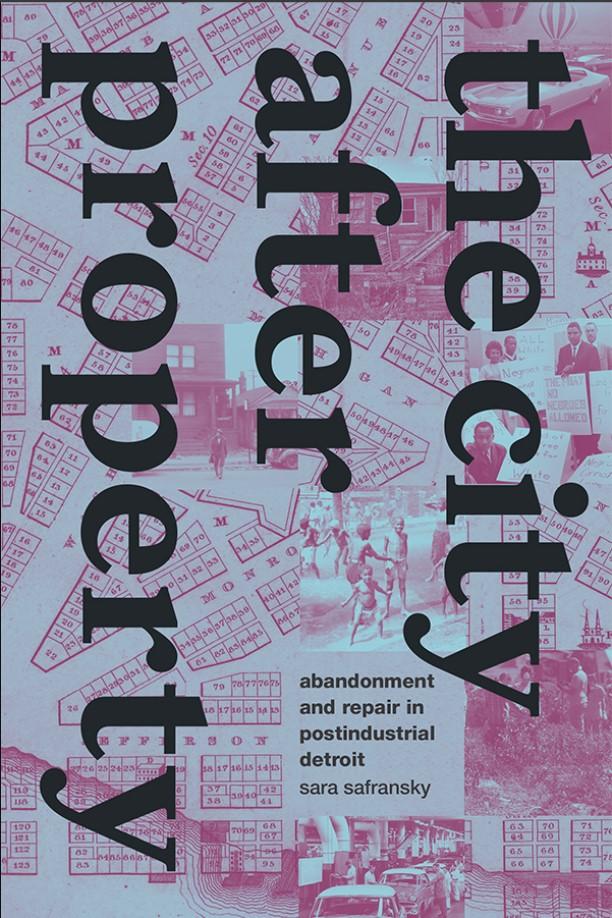
SARA SAFRANSKY
The City after Property: Abandonment and Repair in Postindustrial Detroit
Duke University Press, 2023
In The City after Property, Sara Safransky examines how postindustrial decline generates new forms of urban land politics. In the 2010s, Detroit government officials classified a staggering 150,000 lots—more than a third of the city—as “vacant” or “abandoned.” Analyzing subsequent efforts to shrink the Motor City’s footprint and budget, Safransky presents a new way of conceptualizing urban abandonment. She challenges popular myths that cast Detroit as empty along with narratives that reduce its historical decline to capital and white flight. In connecting contemporary debates over neoliberal urbanism to Cold War histories and the lasting political legacies of global movements for decolonization and Black liberation, she foregrounds how the making of—and challenges to—modern property regimes have shaped urban policy and politics. Drawing on critical geographical theory and community-based ethnography, Safransky shows how private property functions as a racialized construct, an ideology, and a moral force that shapes selves and worlds. By thinking the city “after property,” Safransky illuminates alternative ways of imagining and organizing urban life.
Sara Safransky is a geographer and Assistant Professor in the Department of Human and Organizational Development at Vanderbilt University.

